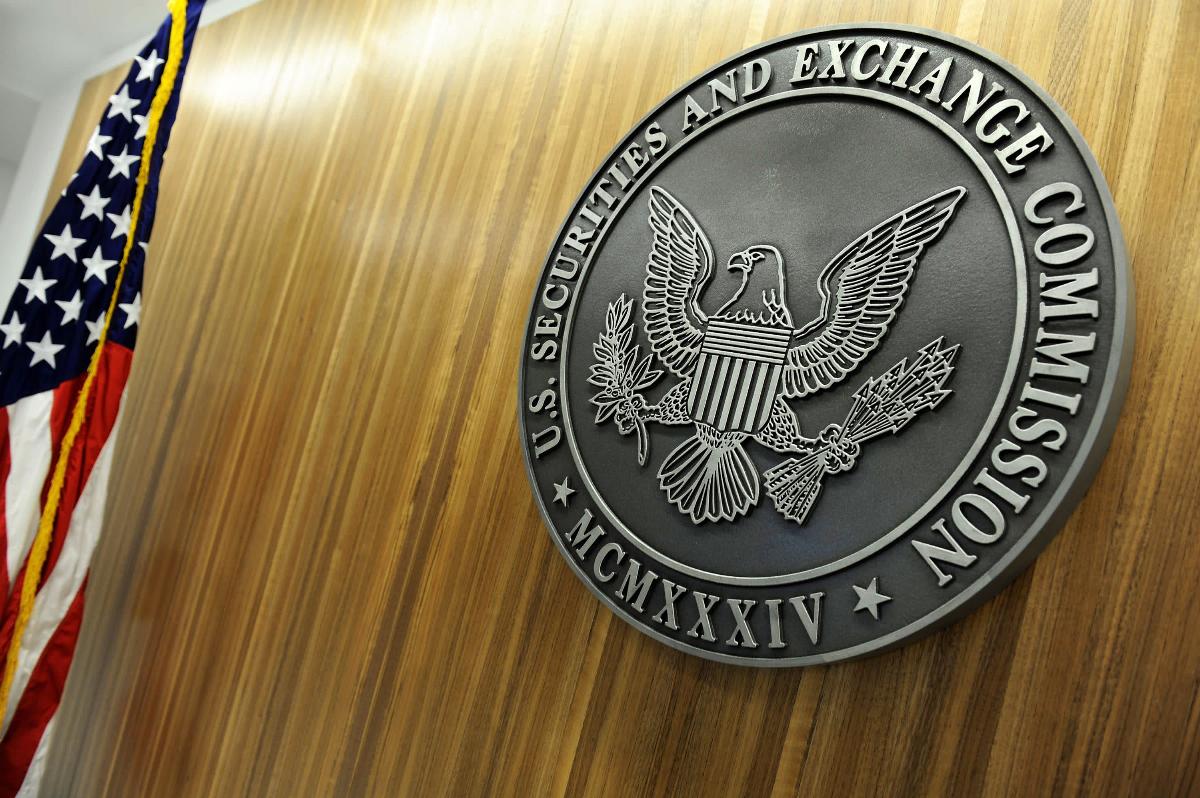
The Securities and Exchange Commission (SEC)
The Securities and Exchange Commission (SEC) is an independent agency of the United States federal government responsible for enforcing federal securities laws, regulating the securities industry, and overseeing stock exchanges and other entities involved in the financial markets. It was established by the Securities Exchange Act of 1934, following the stock market crash of 1929, to restore investor confidence and create a framework for transparent and fair financial markets. The SEC’s primary mission is to protect investors, maintain fair and efficient markets, and facilitate capital formation.
The SEC is divided into five divisions: Corporation Finance, Trading and Markets, Investment Management, Enforcement, and Economic and Risk Analysis. Each division plays a specific role in monitoring and regulating financial activities. The agency also has several offices that focus on areas such as investor education and international affairs.
Gary Gensler, who was appointed as SEC Chairman in April 2021, leads the agency. He previously served as the Chairman of the Commodity Futures Trading Commission (CFTC) and has a background in finance, having worked at Goldman Sachs. Gensler’s tenure at the SEC has been marked by a focus on increased oversight of cryptocurrency markets, the regulation of environmental, social, and governance (ESG) disclosures, and the modernization of financial regulations to address new challenges in digital finance and trading platforms.
The SEC plays a crucial role in enforcing securities laws through investigations and legal actions against individuals and entities that violate these laws. It is also responsible for overseeing the filings of publicly traded companies, ensuring that they provide accurate financial information to the public. The SEC operates under a mission to ensure that investors are provided with the necessary information to make informed investment decisions.
Stichworte
Quellen







